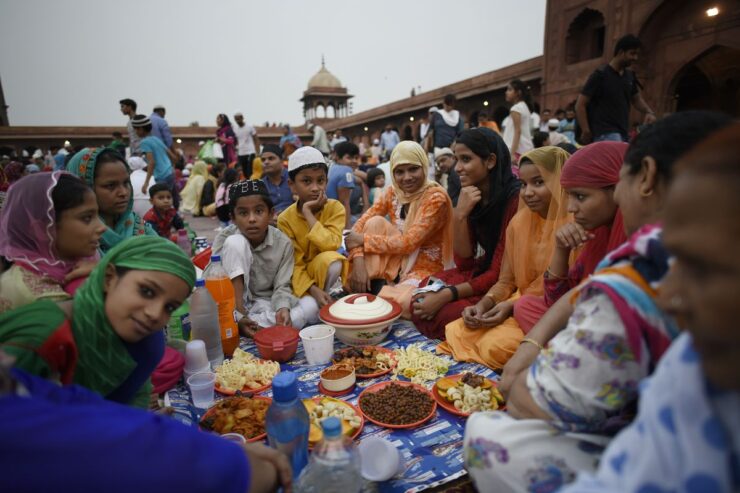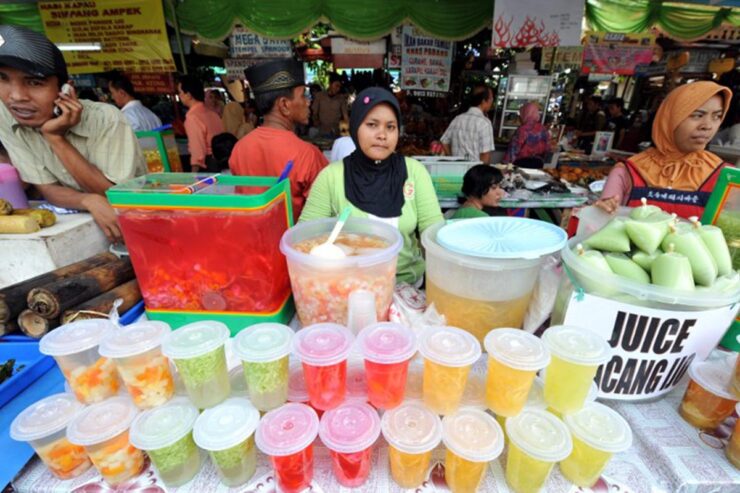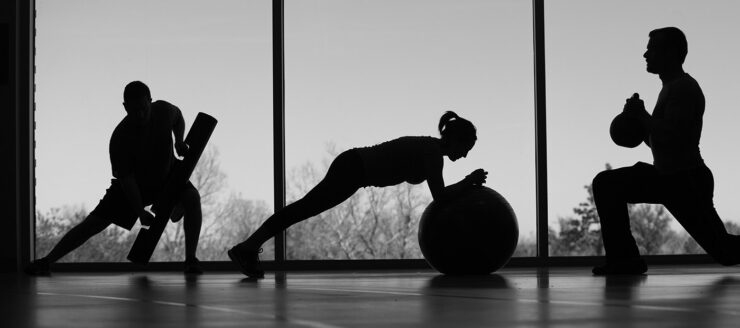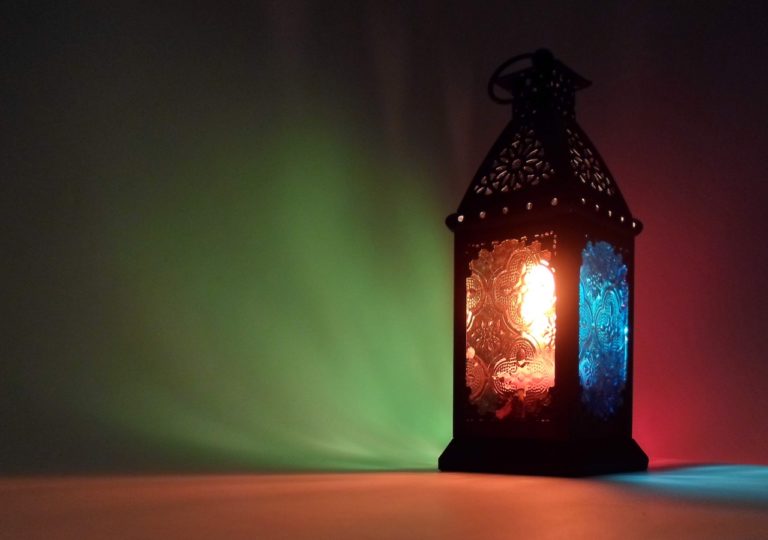During this month of trial, be extra cautious of how you take care of your body. By Shea Rasol.
So you hope you’ll lose a couple of kilos because of fasting this Ramadan? Think again. If you had and still have these habits, chances are you won’t lose that nagging kilos you’ve been wanting to shed.
1. Going crazy at the food bazaar
I know, the colours and smells of the food here are always so tempting. Especially when your stomach is growling and your mind is being flooded with the sight of food just a few hours before iftar. You’ll end up getting yourself some main dishes, side dishes, some sweet and savoury snacks, dessert and some sweet drinks to quench your thirst.
If you’re guilty as charged, then stop and think about this: no matter how hungry you might be before iftar, your stomach size is still the same as outside of Ramadan (perhaps even smaller). So why buy more food than what you would usually eat? Overeating can cause bloating and the dreaded “food coma”, causing you to be sedentary all night long instead of heading off for tarawih.

2. Guzzling soft drinks
Breaking fast with carbonated drinks is a no-no. After a whole day of fasting, your stomach accumulates air from not having food in it – especially in the first days of fasting as it settles into a new routine. Adding more gas to your stomach can make you feel worse. The high amount of sugar will keep you feeling hungry and cause you to eat more than what your body needs.

3. Eating late
There is a custom in Malaysia where after tarawih, musollas (informal prayer areas) and mosques prepare a spread called moreh. Usually sponsored or donated, this food is served after 20 rakaahs of tarawih and three rakaahs of witr in a dining hall – usually around 11pm.
I’m guilty of being a part of it, though I do question the effects on my digestion since I’m usually in bed an hour or two after that late meal. Not good.
4. Eating from a big plate
Try eating from a smaller plate once and take note of how much food you actually eat. With more space on a bigger plate, you’ll tend to help yourself to more food just to accommodate the plate.
Maybe you’re thinking that with a smaller plate, you’ll just help yourself to another serving? Listen to what your body is telling you: have you had enough or do you need a little bit more? The smaller plate helps you to pause between servings and eat more mindfully.
5. Not working out
If you’re a regular jogger or gym junkie, why let Ramadan stop you? Perhaps you’re concerned that you can’t drink after a strenuous workout. Try a different routine in this month. For example, if you usually go to the gym in the morning, try to go an hour or two before iftar. That way, when you’re done working out those muscles, you’ll have half an hour or so left to drink and replenish yourself.
Making your muscles hunger for glucose also ensures that whatever you eat for iftar will be used up to help your muscles recover, and not stored as fat.

6. Sleep deprivatio
You might be staying up part of the night for extra prayers, or if you’re in the northern hemisphere, you might be getting up for suhur very early and going to bed late. Be sure to replace other hours in your day for sleep: skip the daily Internet surfing routine and go to bed earlier. Take a short nap during the lunch hour break to allow you to stay energized.
Feeling tired throughout the day may cause you to binge eat, causing more lethargy. It can be a virtuous or a vicious circle, so treat your body right.
